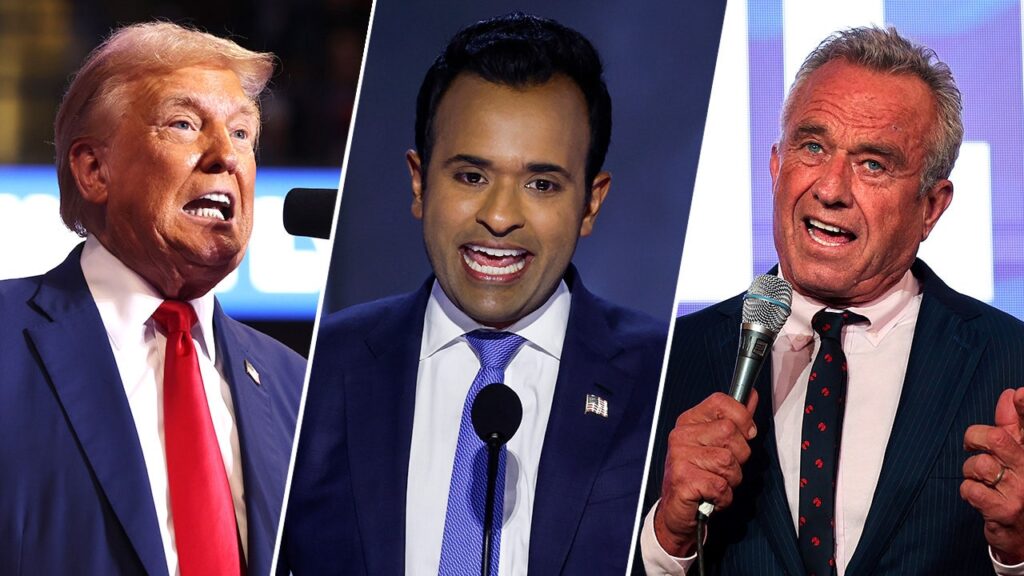‘Mexico’s rule of law is in danger. The US is right to weigh in.’
The Washington Post editorial board
Mexico and the U.S. have “mutual interests in issues spanning commerce, migration, organized crime and national security,” so the U.S. had “every right to weigh in” on Mexico’s judicial reform, said The Washington Post editorial board. The Mexican president’s plan “includes a scary expansion of the list of crimes for which the government can impose mandatory pretrial imprisonment,” and he is “likely to get his way.” Mexico’s judiciary is “dysfunctional and corrupt. But judges are the wrong target.”
Read more
Subscribe to The Week
Escape your echo chamber. Get the facts behind the news, plus analysis from multiple perspectives.
SUBSCRIBE & SAVE
Sign up for The Week’s Free Newsletters
From our morning news briefing to a weekly Good News Newsletter, get the best of The Week delivered directly to your inbox.
From our morning news briefing to a weekly Good News Newsletter, get the best of The Week delivered directly to your inbox.
‘Housing is the sleeper issue of the 2024 campaign’
Michael Solon at The Wall Street Journal
The Harris campaign has “proposed a housing agenda of more government cash and greater command-and-control. The economic harm will far exceed any benefit,” says Michael Solon. The Federal Reserve “could cut interest rates or home construction could rise,” but “housing markets can’t recover if the Justice Department’s radical trustbusters interfere with the recent Realtors’ settlement.” Harris “would fix the damage of too much government by gouging homeowners with even more government.”
Read more
‘With TV drug ads, don’t believe your eyes’
Elisabeth Rosenthal at Bloomberg
In the early 2000s, few “thought drug advertising would take hold,” says Elisabeth Rosenthal, but the FDA “underestimated the wiliness of the pharmaceutical industry, which created a new art form: finding ways to make their wares seem like joyous must-have treatments, while often minimizing lackluster efficacy and risks.” The “common sense and the sort of truth-in-advertising standard we apply in other sectors could be a suitable first step” for medical advertisements because it is “an issue of public health.”
Read more
‘Why do we find it so hard to accept coincidences for what they are?’
Jemima Kelly at the Financial Times
What “makes it so hard to get our heads around the idea that some things are really just a coincidence?” says Jemima Kelly. That we “should be astonished when coincidences do happen is understandable, even reasonable.” We “might like to imagine that we all have control over our lives and what goes on around us, but in reality we live in a complex, messy, often inexplicable world.” But “coincidences do and should make us ask questions.”
Read more



